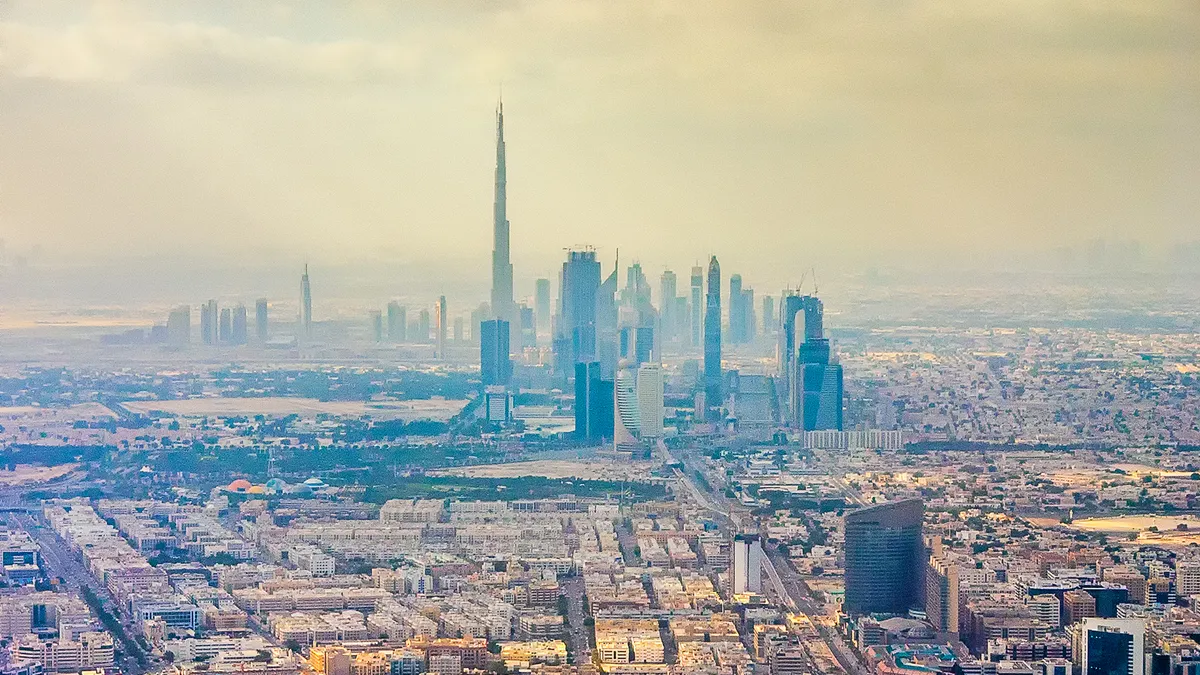Dive Brief:
- Fourteen government departments in Dubai have reduced paper consumption by 64.9% since 2018, when the Dubai Paperless Strategy was launched. This has saved the city 725 million UAE Dirham ($197.3 million USD) and 7.7 million labor hours, and has saved 20,325 trees from being cut down to make the paper.
- The Dubai Electricity and Water Authority (DEWA) led city departments for the second year in a row in its efforts to implement the Dubai Paperless Strategy. DEWA has cut its paper usage by 82%.
- DEWA's progress is driven in large part by its smartphone app and website, which allows users to access all the authority’s services and information as well as pay bills, according to the city. Within that app and website is Rammas, DEWA's virtual employee, which uses artificial intelligence (AI) to respond to inquiries in English and Arabic.
Dive Insight:
Dubai's paperless strategy aims to eliminate the city’s use of paper and go totally cashless by December 2021 as part of the overall aim to make Dubai the "happiest city on earth," and has been driven by increased use of emerging technologies like blockchain.
"To do whatever we do, by bringing on board these technologies, the end goal is not the technology per se, it's how these technologies will enhance people's lives and will improve their happiness," Aisha Bin Bishr, director general of the Smart Dubai government initiative, told Smart Cities Dive in an interview last year.
The reduction in paper usage spreads across a wide swath of city departments, with more than 250 separate customer services and 500 internal processes being streamlined. And there is more to do: In a statement last week, Bin Bishr said new government departments and entities will "enter the race" to implement the paperless strategy, a move she said is aimed at "bringing us one step closer to eventually eliminate any paper use across all entities."
Such a paperless and cashless strategy has not been replicated yet in the United States, although some areas are dabbling with similar initiatives. Some transit agencies have looked to go cashless, but equity concerns have been raised as many users may not have access to smartphones, bank accounts and other gadgets. Meanwhile, cities including New York, Philadelphia and San Francisco have banned stores from going cashless.
Progress toward a digitized future has been slow, however. CityGrows, a workflow automation platform for local governments, said earlier this month that only 4% of mid-sized cities have fully digitized services.
For cities that have sent much of their workforce remote in a bid to stop the spread of the new coronavirus, making better use of technology to streamline and digitize services could make it easier for residents to interact with needed departments. And while there are plenty of vendors looking to fill those gaps, Bin Bishr said government can lead the way through "close cooperation" and strong engagement across departments.












